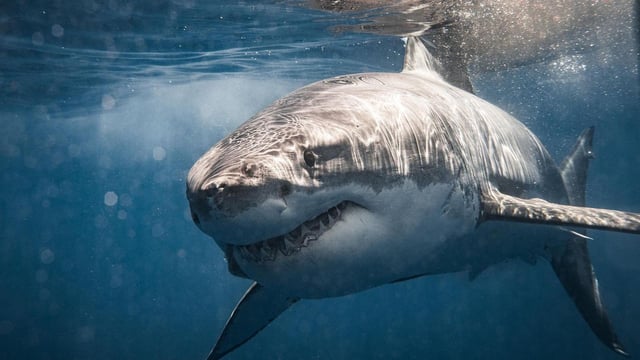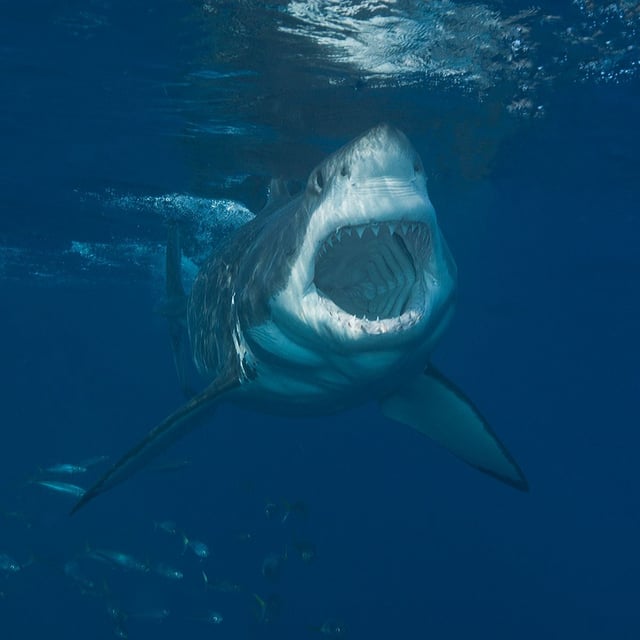Overview
- Researchers at Heinrich-Heine-Universität Düsseldorf report peer-reviewed findings in Frontiers in Marine Science showing chemical damage to blacktip reef shark teeth under low-pH conditions.
- From more than 600 shed teeth collected at SeaLife Oberhausen, 16 intact samples were exposed for eight weeks to present-day pH (~8.1) and an extreme scenario (7.3).
- In the pH 7.3 water, teeth developed rifts, holes and root corrosion and showed roughened, structurally weakened surfaces that imply reduced bite strength.
- The study highlights the CO₂-driven mechanism: ocean uptake of carbon dioxide forms carbonic acid that lowers pH and can dissolve mineralized tooth material.
- Authors note key limits because only shed aquarium teeth were tested and repair in living sharks was not measured, and they caution that acidification acts alongside overfishing, warming and pollution, warranting in‑vivo and species‑wide follow-up research.



